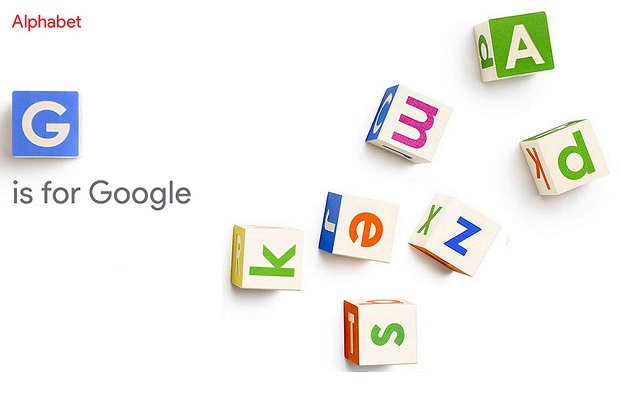Google’s parent company Alphabet has reported a 17% rise in quarterly revenue after strong advertising sales on mobile devices – but it’s so-called moonshoots experiments are eating into profits.
The technology giant revealed that it spent more money on its experimental moonshot projects, engineers, data centers and YouTube shows, causing it to miss investors’ profit expectations.
Revenue rose to $20.26bn (£14bn) between January and March, from $17.26bn a year earlier.
However, Alphabet’s share price fell about 6% in after-hours trading, as the revenue figure fell short of analysts’ expectations.
Net income for the quarter was $4.2bn, up from $3.5bn a year ago.
Alphabet’s key challenge is to keep profitable as it seeks to become the technology firm most omnipresent in consumers lives, including search, email, smartphones, maps, self-driving cars, virtual reality and even cancer research.
The earnings report came one day after the European Commission issued formal antitrust charges against Google over claims that it abuses the dominant market position of its Android operating system.
Google’s advertising revenue jumped 16.2% in the first quarter to $18.02bn. The company said the number of ads, also known as paid clicks, jumped 29%.
But the average price of online ads, known as cost-per-click, fell 9% in the quarter.
Ruth Porat, chief financial officer at the parent company Alphabet, said the first quarter results represented a “tremendous start to the year”, and that the company is “thoughtfully pursuing big bets and building exciting new technologies” which she hopes will put the company in a good position for long term growth.
Google embarked on a restructuring drive late last year and created a new parent company – Alphabet.
Under the rebranding, Google retained its best-known businesses, such as search, apps, YouTube and Android. Some of the newer entities, such as the investment and research divisions, the “smart-home” unit Nest, and the drone arm will be run under Alphabet.
